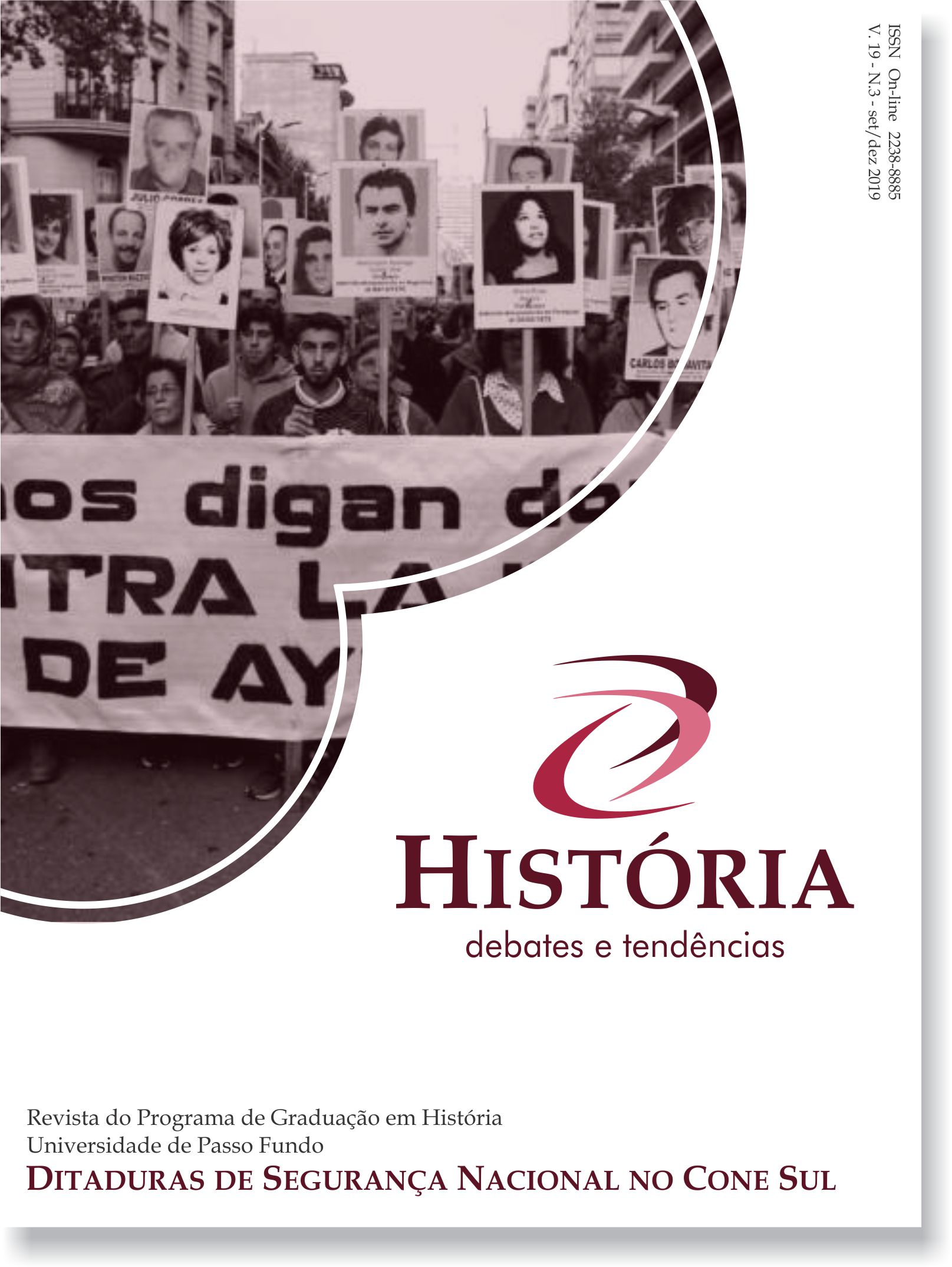Sports journalism, culture and politics in Brazil: An analysis of the role of the press in the formation of Rio de Janeiro’s football supporters groups during the 1960s
DOI:
https://doi.org/10.5335/hdtv.3n.19.9883Schlagwörter:
Brazilian football, Young football fans, Politics and culture in the 1960sAbstract
The year of 1968 was also marked by unrest and riots in the stands of Maracanã stadium. In a period of poor performance of their teams, groups of young football fans threw themselves into the fight against directors of big clubs in Rio, through protests, demonstrations and even marches outside Rio de Janeiro’s stadium. Inspired by the international slogan Youth Power, these newly formed groups adopted similarly a critical stand on the traditional model of supporters, the “Charangas” (small music bands), originated in the 1940s, characterized by the prevalence of a single charismatic leader, recognized by the Club and by the majority of its fans. During the 1970s, the dissident Young Supporters Groups are established on the sports scene and make possible the emergence of a multitude of small and medium-sized associations, giving the supporting activity associative and cultural meanings, recreational and social, until then non-existent in a period of civil-military dictatorship (1964-1985). By gathering these events derived from the serial reading of journalistic narratives, obtained in sports newspapers archives, this article aims to show how a particular type of association, based on club idolatry, took shape on a national and international scale in the 1960s, 1970s and 1980s, and assumed historical and cultural particularities in professional football in Rio de Janeiro. We sought to demonstrate how this phenomenon from the second half of the 20th century met the new demands for participation and differentiation of urban populations, especially its young protagonists, in an increasingly competitive, massified and commodified professional field.
Downloads
Literaturhinweise
DARNTON, Robert. Boemia literária e revolução: o submundo das letras no Antigo Regime. São Paulo: Companhia das Letras, 1987.
GINZBURG, Carlos. Mitos, emblemas e sinais: morfologia e história. São Paulo: Companhia das Letras, 1990.
LOPES, José Sérgio Leite.“A vitória do futebol que incorporou a pelada”. In: Revista USP. São Paulo: s.e., 1994, nº 22, p. 78 e 79.
MORAES, Dênis. de. O rebelde do traço: a vida de Henfil. Rio de Janeiro: José Olympio, 1997.
NORA, Pierre; LE GOFF, Jacques. (Orgs.). História: novos problemas, novas abordagens, novos objetos. Rio de Janeiro: Editora Francisco Alves, 1988, 3 vols.
POERNER, Arthur José. Poder Jovem. Prefácio de Antônio Houaiss. Rio de Janeiro: Civilização Brasileira, 1978.
REIS FILHO, D. A.; FERREIRA DE SÁ, J. Imagens da revolução. Rio de Janeiro: Marco Zero, 1985.
Primary Source Consulted
ARQUIVO HISTÓRICO DO JORNAL DOS SPORTS. Rio de Janeiro. 1967-1968.






